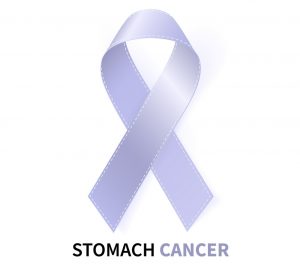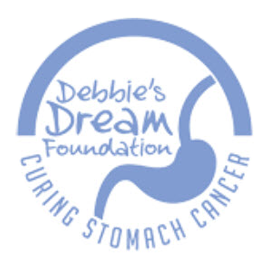
Florida Stories
Andy Guttman - Plantation When my late wife, Debbie Zelman (founder of Debbie’s Dream Foundation), was first diagnosed with Stage IV metastatic stomach cancer in 2008 at 40, she was given a very small chance of surviving more than one year. Naturally, our thoughts immediately turned to our three children (ages 3, 10, and 10), who would likely grow up without a mother. Mainly because her father and I are both physicians, Debbie had immediate access to high-quality, specialized cancer treatments and fortunately responded unexpectedly well. Once she realized that she had more time left to live than initially predicted, she dedicated the remainder of her life to providing others with the same access to care that she had and to ensure that better treatment options would become available. Over the next ten years, even while enduring horrible side effects from her ongoing IV chemotherapy every three weeks and multiple lengthy rounds of radiation therapy, Debbie never stopped advocating for others. Watching Debbie during those ten years inspired me to work to continue her legacy so that other families will not be forced to endure the tragic consequences of a diagnosis of advanced stomach cancer. Through additional public awareness and increased government funding, we can increase the likelihood of earlier diagnosis and develop more effective treatments for this horrible disease.
Mary Kurk
Tanya McKay – Green Cove Springs My story has changed so much in one concise year. My husband, a former Marine and most recently a local firefighter of 14 years, was diagnosed at 44 with Stage 4 adenocarcinoma of his stomach in September 2018. We went to see our primary doctor within weeks of his first symptoms of feeling full when he ate and noticing his bowel habits had changed. We learned very quickly of his prognosis. Our options were nonexistent. I asked our oncologist how we fight this, and her response was, “We don't. We just buy some time.” We were devastated. At the time of diagnosis, we had three daughters who were 16, 11, and 3. How can we not have options to fight with? How in this age of medicine are we supposed to accept this? Fast forward to today- I am now a new widow. My amazing husband is no longer here, but I can’t say he lost his fight because a fight implies an element of fairness. This was not an equal match. My husband was killed slowly, over 14 months, and left his family at 45. He left behind me, his wife of over 21 years, his three daughters & a rewarding career as a Firefighter. His treatment options were few, only three chemotherapies & he did not respond successfully to any of them. A round of radiation helped some tumors but not all. His last days were horrendous to watch. Cruel is an understatement. Now I come to D.C. for the second time without my amazing husband. The real fight is here, the fight for better! The fight for the people that come after us. We must do better. We must continue to push for more information, early detection, and better treatments.
Cynthia Peterson
